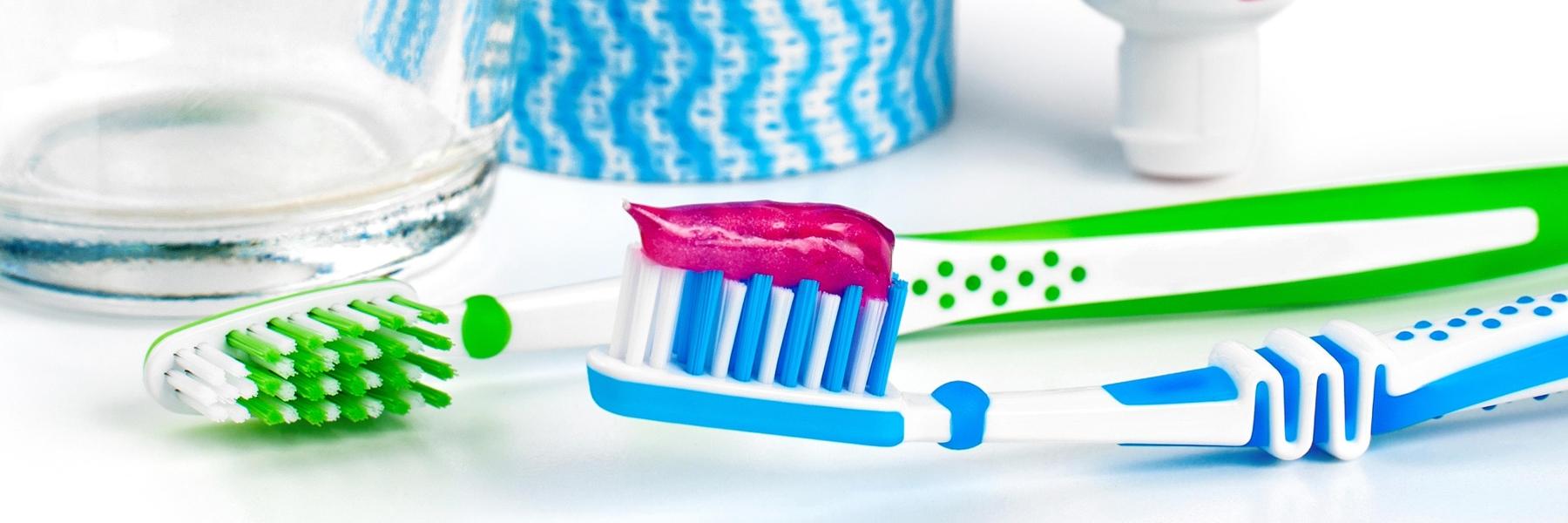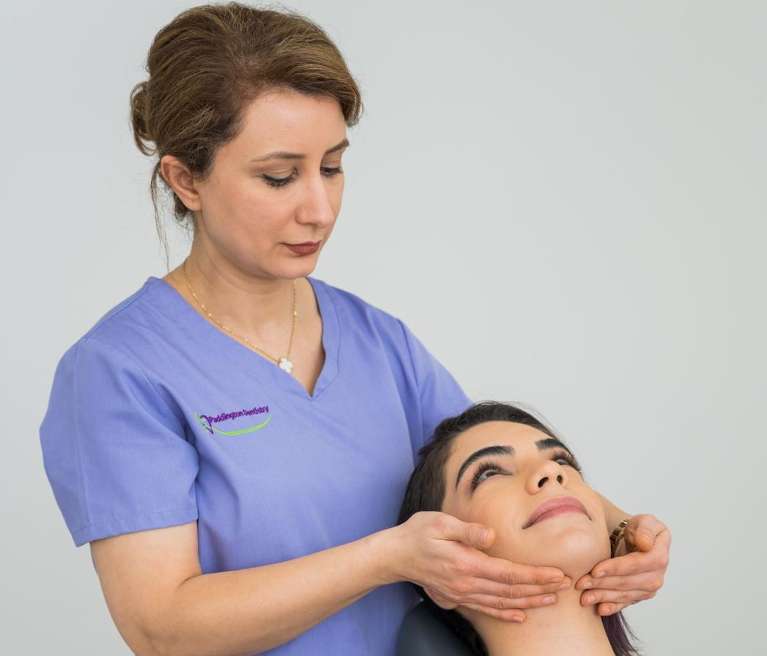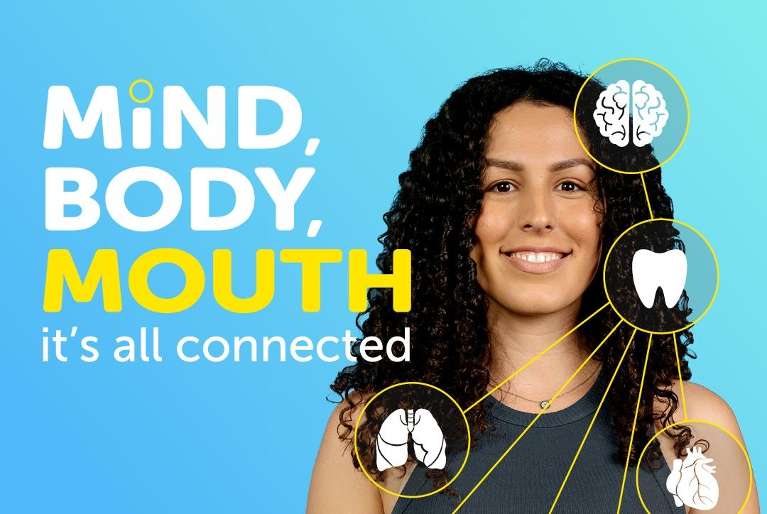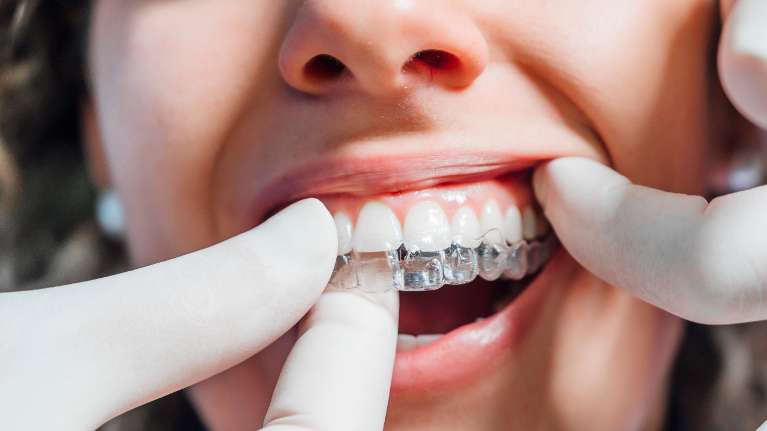
Let’s improve our oral health by looking at 7 common mistakes people make with their everyday tooth brushing and how we can correct these!
1. Not brushing at the right time
It’s important to brush in the morning and it is essential to brush before bed. Because we are not eating and talking during the night, there is a reduction in the cleansing flow of saliva in the mouth so it’s best to remove as much bacteria and plaque by brushing before we go to sleep. This prevents germs from potentially causing decay and gum problems. And when we brush in the morning, after breakfast is always best so that we remove the food we have just eaten, as well as freshen our breath, ready to start a brand-new day.
2. Using the wrong brush
Patients often mistakenly use a medium or hard toothbrush, believing it will clean their teeth more efficiently. However, the harder the toothbrush we’re using, the higher the potential to damage tooth structure and delicate gum tissue that supports the teeth. For this reason, a soft toothbrush is recommended. Plaque is soft and can be removed easily by a soft toothbrush without this potential to damage the teeth and gums when used with the correct technique. It’s not how hard we brush but how thoroughly.
3. Focusing just on teeth and forgetting about the rest of the mouth
The tongue is made up of tiny crevices called papillae and these can harbor food and bacteria, so it is essential to clean the tongue as well as our teeth and gums. Using a tongue scraper (or even just our brush) is a great way to minimize these bacteria with the added benefit of fresher breath as well.
4. Not using the correct technique
It’s best to avoid scrubbing and adopt small circular motions when we brush in order to prevent us from applying too much pressure to the teeth and gums. Making a habit of flossing each night is a great way to improve oral health as well.
5. Not brushing for long enough
The Australian Dental Association Guideline for brushing duration is two minutes. An electric toothbrush with a timer might help to ensure we are brushing for the correct length of time. If two minutes seems too long, try putting on a groovey two-minute song while you brush, like The Beatles – I’m Happy Just to Dance with You
6. Not replacing your brush often enough
It is best to replace our toothbrush every 3-4 months. A good way to remember this is to make a habit of buying a new brush at the start of every new season. We may also need to replace our brush more frequently if we have been sick or if the bristles of our brush have become worn.
The team at Paddington Dentistry welcome any questions you may have regarding your tooth brushing. Please feel free to ask for any advice you feel you may need at your next checkup or by getting in touch with us by phone or email.
Happy brushing.



